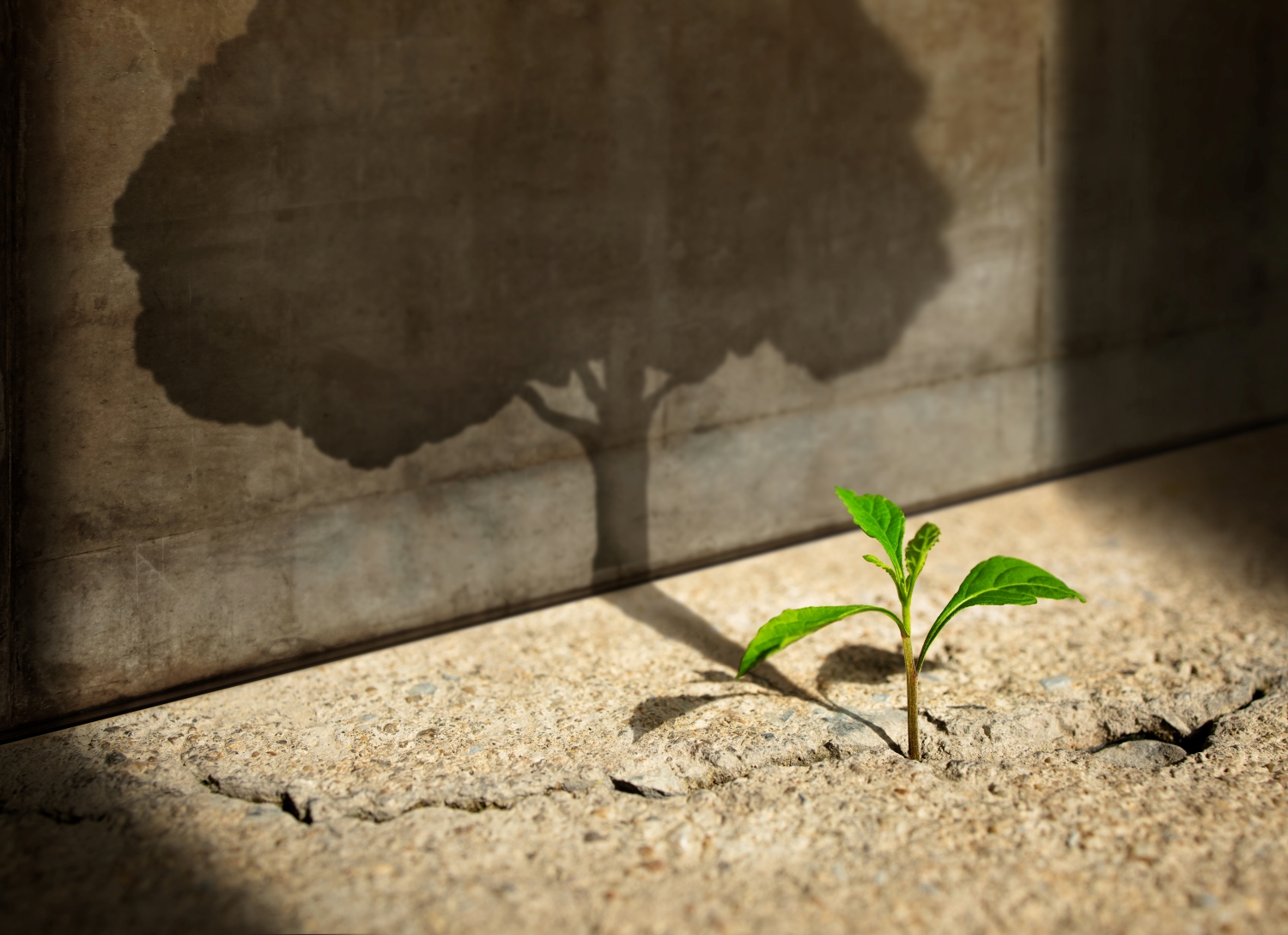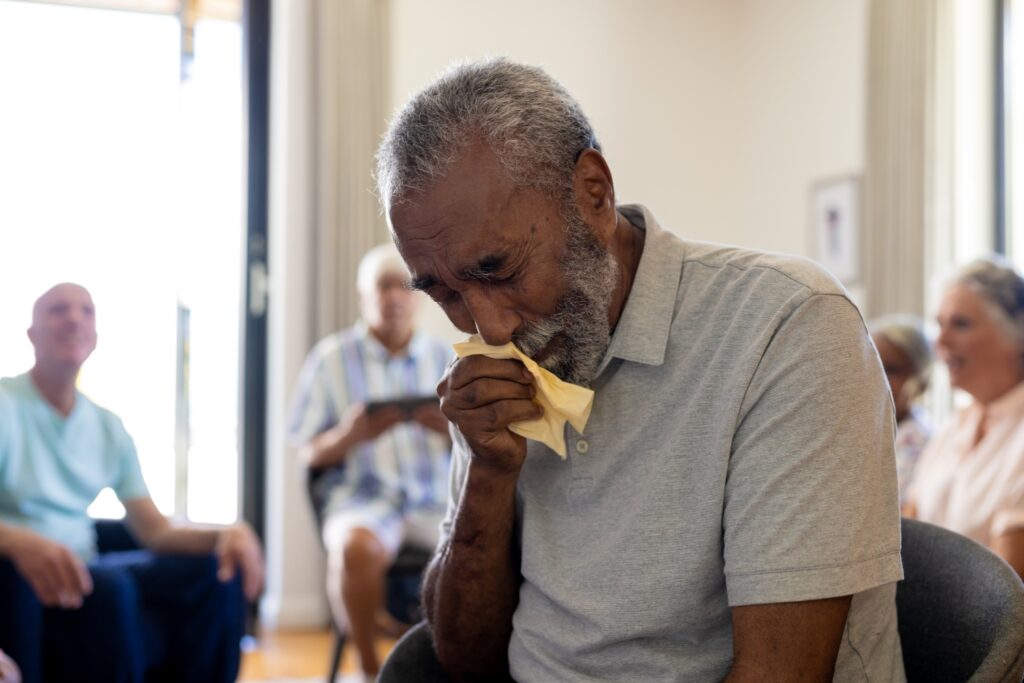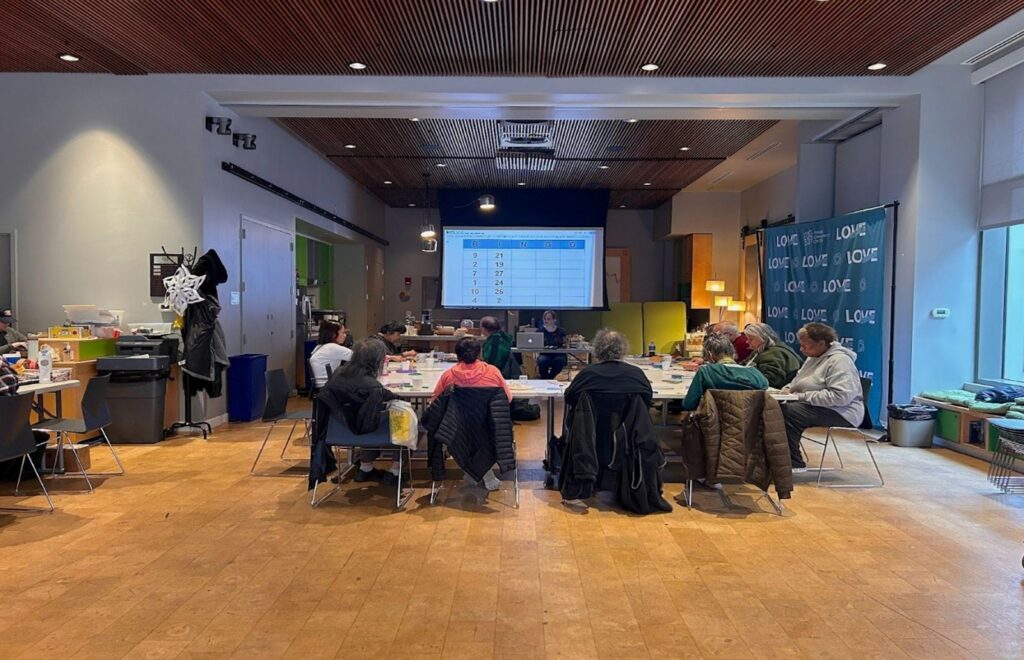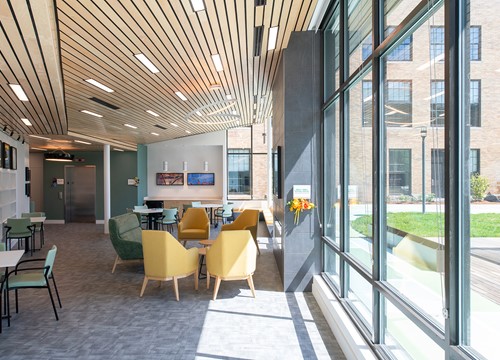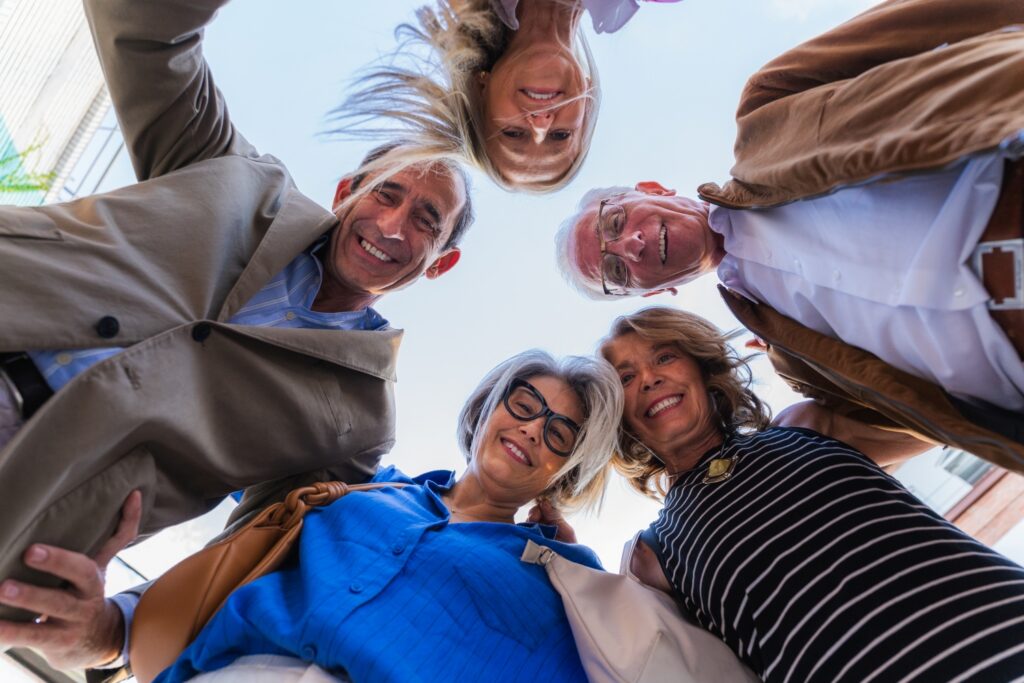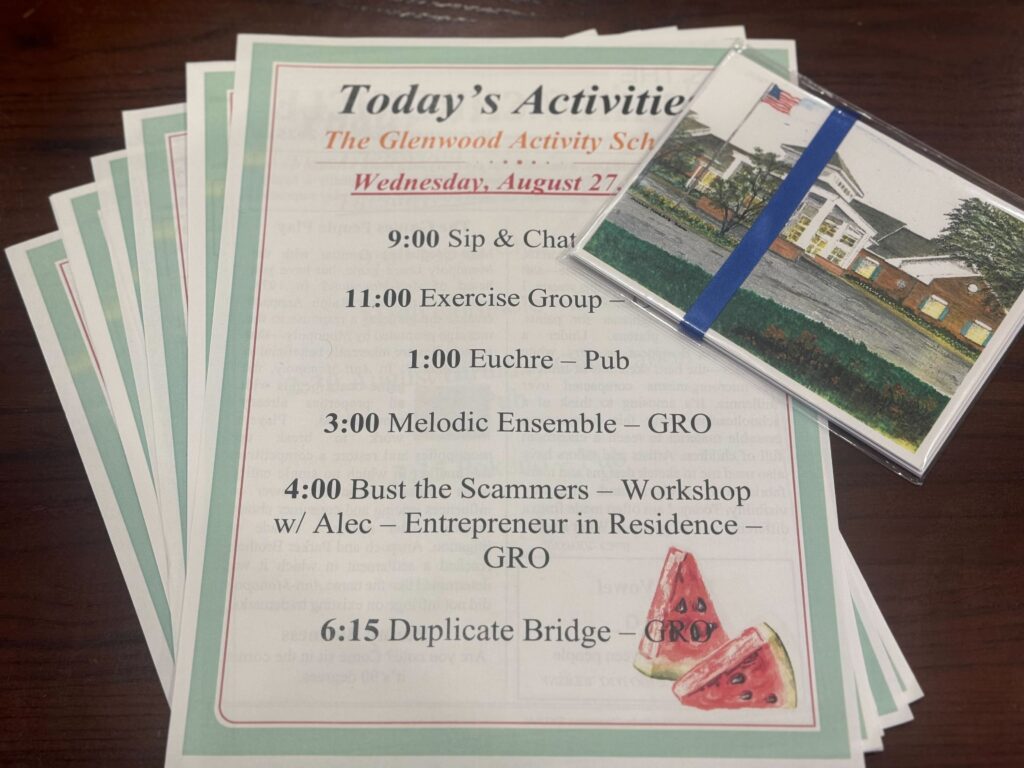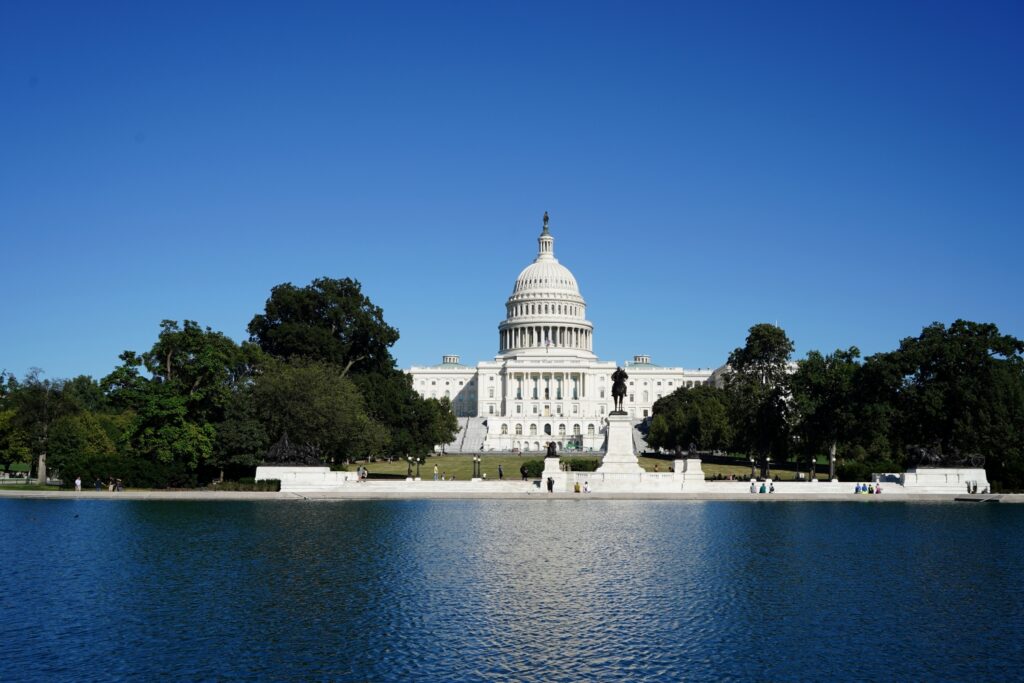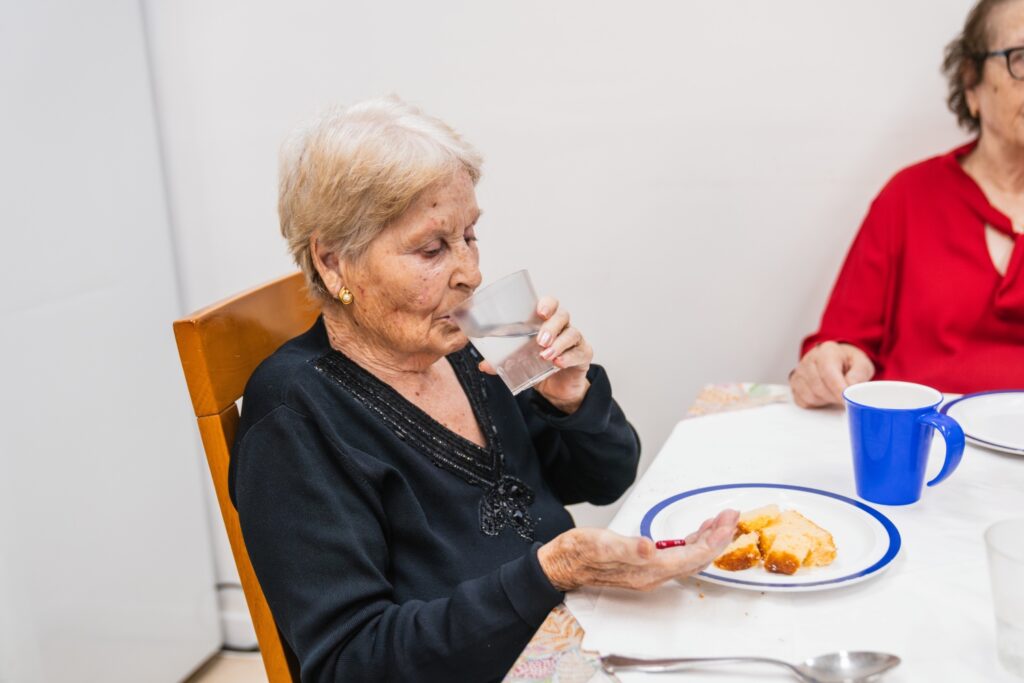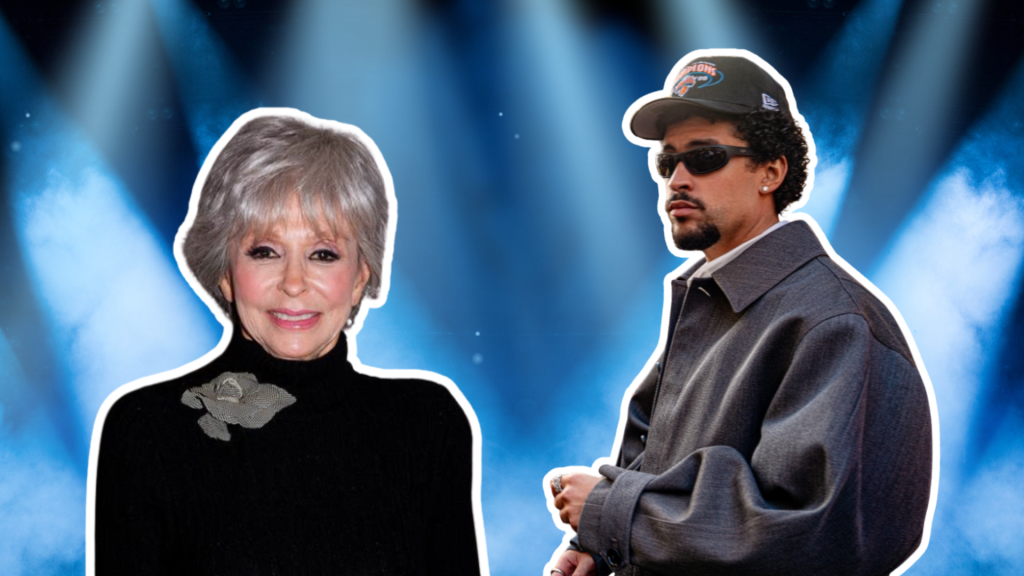When it comes to aging well, behavioral science increasingly points to a powerful and often overlooked starting point: mindset. This isn’t simply motivation or willpower, but the beliefs we hold about what is possible as we grow older.
We often hope to exact behavior changes via education: if we teach people what to eat or why exercise is essential, they will eat better and move more. But for many older adults, the real barriers aren’t knowledge gaps—they are belief systems. What we believe about aging can profoundly shape how we age.
The Surprising Power of Belief
Psychologist Carol Dweck, PhD, in 1988 introduced the concept of the growth mindset to describe the belief that abilities can be developed through effort and learning. Though her early work focused on education, this framework has powerful implications for aging. If older adults believe their health, mobility or memory is fixed and inevitably headed for decline, they are far less likely to engage in healthy behavior change.
Yale researcher Becca Levy, PhD, has demonstrated that our perspective on aging isn’t just philosophical, but has tangible consequences for health and longevity. In a groundbreaking study, Levy found that older adults who held more positive views about aging lived, on average, 7.5 years longer than those with more negative beliefs.
A decade later, her research showed that people with positive age beliefs were 44% more likely to recover from severe disability. A recent study of older adults with mild cognitive impairment found that those with positive age beliefs were 30% more likely to regain cognitive function and also recovered nearly two years sooner than their peers who held negative perceptions of aging.
‘Age beliefs, it turns out, are a form of
psychological infrastructure. They are
foundational to our navigation of the world.’
Other researchers have affirmed Dr. Levy’s findings. In 2023, a comprehensive meta-analysis of 107 longitudinal studies confirmed that subjective age (how old one feels) and positive self-perceptions of aging are associated with better health and longer life across diverse global populations. Age beliefs, it turns out, are a form of psychological infrastructure. They are foundational to our navigation of the world.
Two Invisible Barriers
What gets in the way of having a positive mindset about aging? As a gerontologist working closely with older adults, I have identified two common, invisible mindset barriers that undermine behavior change in older adults before it even begins.
1. The first is internalized ageism. Cultural messages like, “It’s too late,” “Why bother?,” or “This is just what happens at my age,” become embedded in self-talk. Even older adults who are highly motivated may quietly believe that change is no longer possible or worthwhile.
2. The second is the tendency for public health messaging to emphasize decline. Campaigns often focus on what older adults are at risk for (e.g., falls, memory loss, frailty), rather than what they can gain through healthy habits. While the intent may be prevention, the effect can be disempowering. When aging is framed primarily in terms of loss, people may begin to expect it. By contrast, hope-based messaging supports a sense of agency and possibility, and it is from that mindset that meaningful change begins.
Reframing Aging, Reclaiming Possibility
The good news is that mindsets can shift. In coaching programs and community health settings, older adults can build confidence when they are exposed to stories of resilience, encouraged to challenge limiting beliefs, and supported by peers. One such model is Open Source Wellness (OSW), a nonprofit organization that provides group-based behavioral health coaching grounded in lifestyle medicine principles. OSW integrates health coaching with social connection and peer support to make healthy change feel possible and joyful.
Reframing aging doesn’t require dramatic reinvention. Sometimes it begins with a simple question: “What if there’s still more in me?” That question is quietly radical, and professionals can help older adults ask it.
A Call to Action
To support healthy aging, our initial focus shouldn’t be on new behaviors but on new beliefs. That means:
- Naming and challenging internalized ageism
- Elevating real-life stories of late-life growth
- Including growth mindset conversations in coaching, care planning, and public messaging
- Framing healthy aging as potential, not just prevention
Aging is not a problem to be solved. It is a process to be lived, with agency, dignity and ongoing possibility. Believing that change is possible is the first step toward making it a reality.
Sally Duplantier is a gerontologist, public health educator, and researcher dedicated to advancing healthy aging through equitable access to lifestyle medicine. Now in her 70s, she is putting her own beliefs into action by beginning a doctoral program in public health.
Photo credit: Shutterstock/Black Salmon

